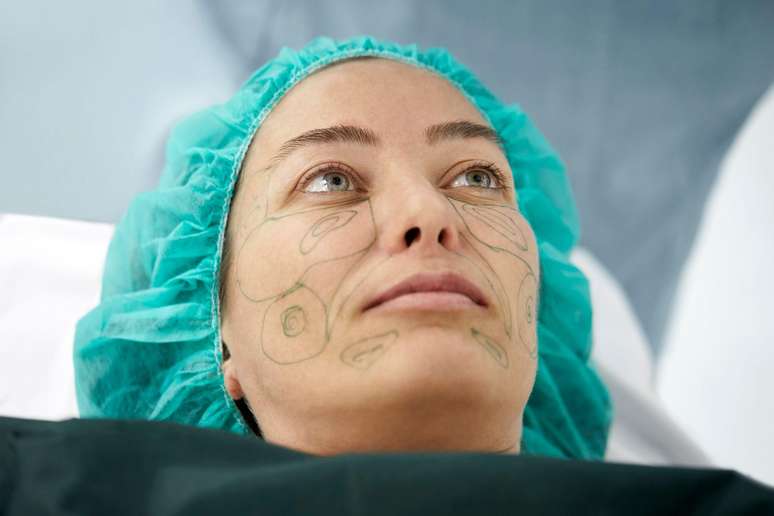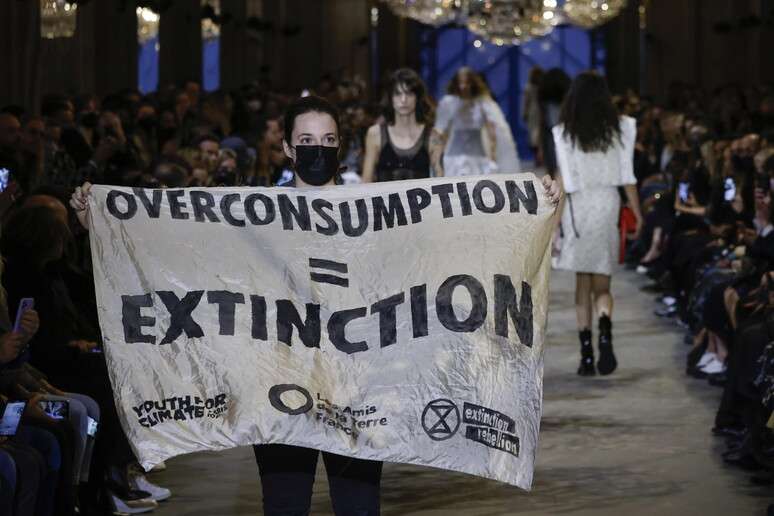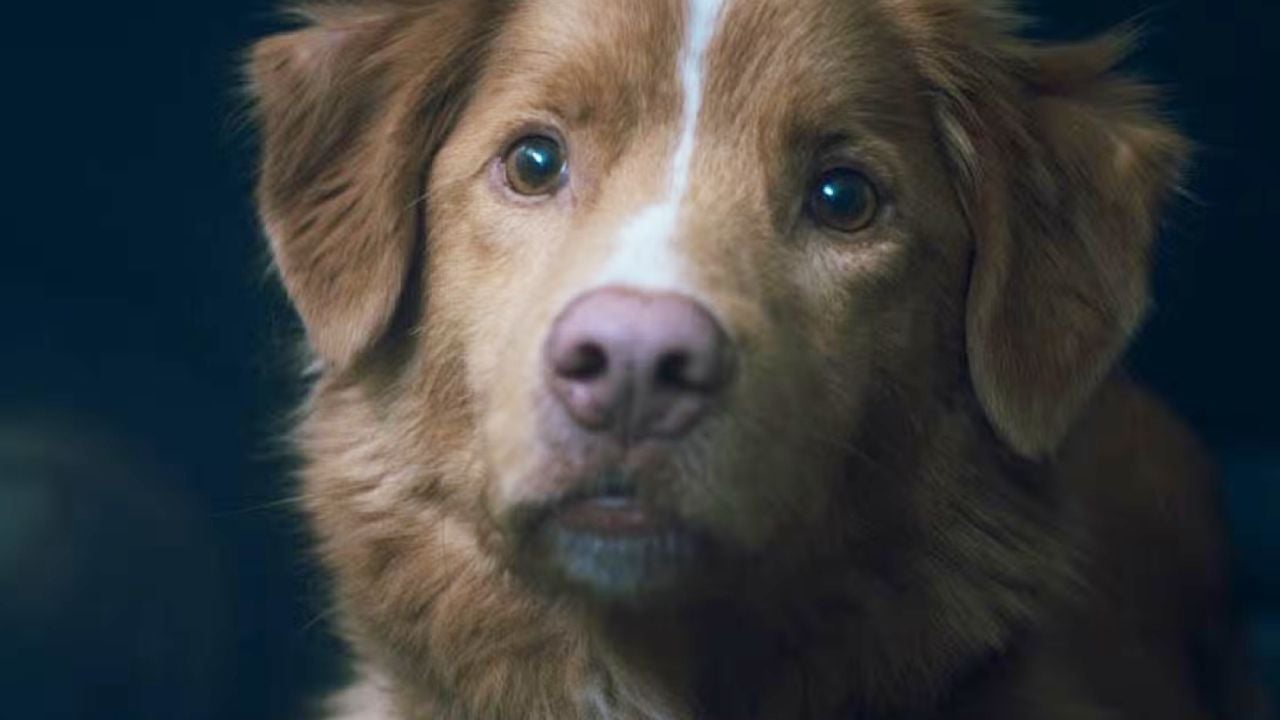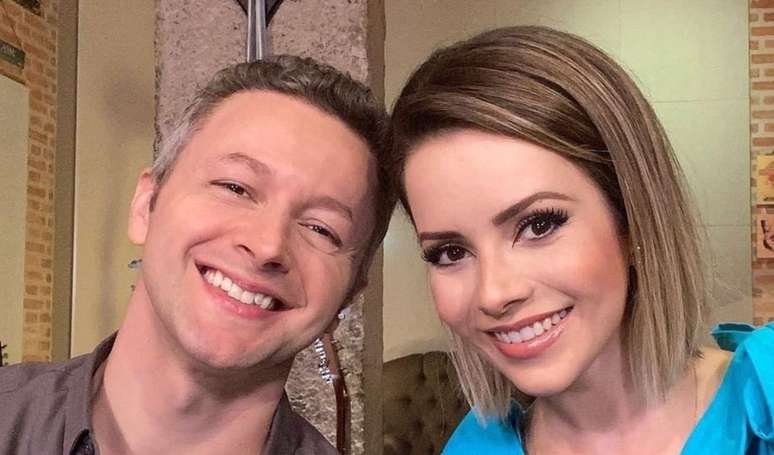Phase 3 clinical trial follows 16,200 volunteers across the country; the final result is expected for 2024
The vaccine against dengue developed by Butantane Institute and in the final test phase it reached 79.6% effectiveness, according to the first results of the clinical study released yesterday by the institution.
For this preliminary analysis, data from a two-year follow-up of 16,200 volunteers participating in the phase 3 study (the last one before the registration request) were considered. According to the test protocol, they must be followed for five years and, therefore, the final efficacy of the immunizer will only be known in 2024. The partial data, however, has encouraged the researchers.
In the study, which involves 16 research centers in 14 states of the country, the volunteers were randomly divided into two groups: two thirds were vaccinated and one third received the placebo.
According to Fernanda Boulos, medical director of Butantan, 135 cases of the disease were recorded among the participants, of which 100 were among non-immunized individuals and only 35 among those vaccinated. “Although preliminary, it is a robust result, with statistical significance. And also of a single-dose vaccine that can be indicated for children, adolescents and adults. We are optimistic,” she said. The results are expected to be submitted for publication in a scientific journal next year.
According to Butantan, participants between the ages of 2 and 59, with and without previous exposure to the dengue virus, were included in the study. In volunteers who had already been infected before the study, the efficacy was 89.2%. In those who had never contracted the disease, protection was slightly lower, at 73.5%.
The researchers also calculated the efficacy for each of the four dengue virus serotypes: for type 1, the rate was 89.5%. For type 2, it was 69.6%. There are still no efficacy data against serotypes 3 and 4 because these strains did not circulate widely in the country during the reporting period.
According to virologist Maurício Nogueira, professor at the Faculty of Medicine of São José do Rio Preto and one of the main researchers of the study, the results obtained indicate that efficacy is also high for serotypes 3 and 4. “Traditionally, the serotype that responds worst to vaccines is serotype 2. What is expected, based on what we know about the biology of the virus, is that the efficiencies for serotypes 3 and 4 are closer to what was observed for serotype 1 ?” explains the researcher.
There were no hospitalizations or deaths from dengue among volunteers in either group. Therefore, it is not yet possible to know the efficacy of the product for the most severe cases, but the researchers believe that, given the high overall protection against symptomatic infections, the efficacy even in the most severe cases should be high.
Regarding the safety of immunization, only 3 (less than 0.1%) of the 16,200 volunteers experienced serious adverse events. “Adverse reactions were comparable between the placebo and vaccine groups, except for the expected reactions that occurred outside the application site, such as fever and skin irritation,” Butantan informed. .
Partnerships
The Butantan vaccine was developed from antigens licensed by the National Institutes of Health (NIH). In 2018, the Brazilian institution entered into a partnership with the pharmaceutical company MSD, which licenses the antigen outside of Brazil. On the national territory, Butantan has the exclusive and independent marketing of the product, should it receive the approval of the National Health Surveillance Agency (Anvisa) in the future.
“Having a fully developed and manufactured vaccine here in Butantan only reinforces one of our purposes: to demonstrate that Brazil has the manufacturing capacity to serve not only the country, but any other country suffering from dengue. This year, in In particular, we have had more than 970 deaths from the disease. We have an obligation to save these lives,” said Dimas Covas, executive director of the Butantan Foundation.
According to Daniella Cristina Ventini Monteiro, production director of Butantan, the institution will have the capacity to produce up to 50 million doses of the vaccine annually. “Up to three bottling lines can be used so that Brazilian public health demand can be met,” she said. The vaccine is made from attenuated (weakened) virus.
As shown the Stage, the number of dengue cases has increased by 175.1% this year compared to last year. According to the latest epidemiological bulletin from the Ministry of Health, there have been 1.39 million infections and 975 deaths.
Other vaccines
Only two other dengue vaccines have had Phase 3 trials completed in the world so far. The first was that of the French pharmaceutical company Sanofi, which in clinical trials demonstrated an overall efficacy of around 60%.
After completing the tests, between 2015 and 2016, the company registered the product in several countries, including Brazil, but months after it began marketing, researchers found that the product increased the risk of serious cases among vaccinated people who had never contracted the disease. Thus, the vaccine is now only indicated for those who have already had dengue and is only available in the private network.
Already the product of the Japanese pharmaceutical company Takeda had an efficacy of 80% in clinical trials. The company filed for registration with Anvisa in 2021, but is still awaiting analysis. The agency says it requested more data during the process and that one of those requests is open, awaiting a response from the drug company.
🇧🇷The best content in your email for free. Choose your favorite Terra newsletter. Click here!
Source: Terra
Ben Stock is a lifestyle journalist and author at Gossipify. He writes about topics such as health, wellness, travel, food and home decor. He provides practical advice and inspiration to improve well-being, keeps readers up to date with latest lifestyle news and trends, known for his engaging writing style, in-depth analysis and unique perspectives.








